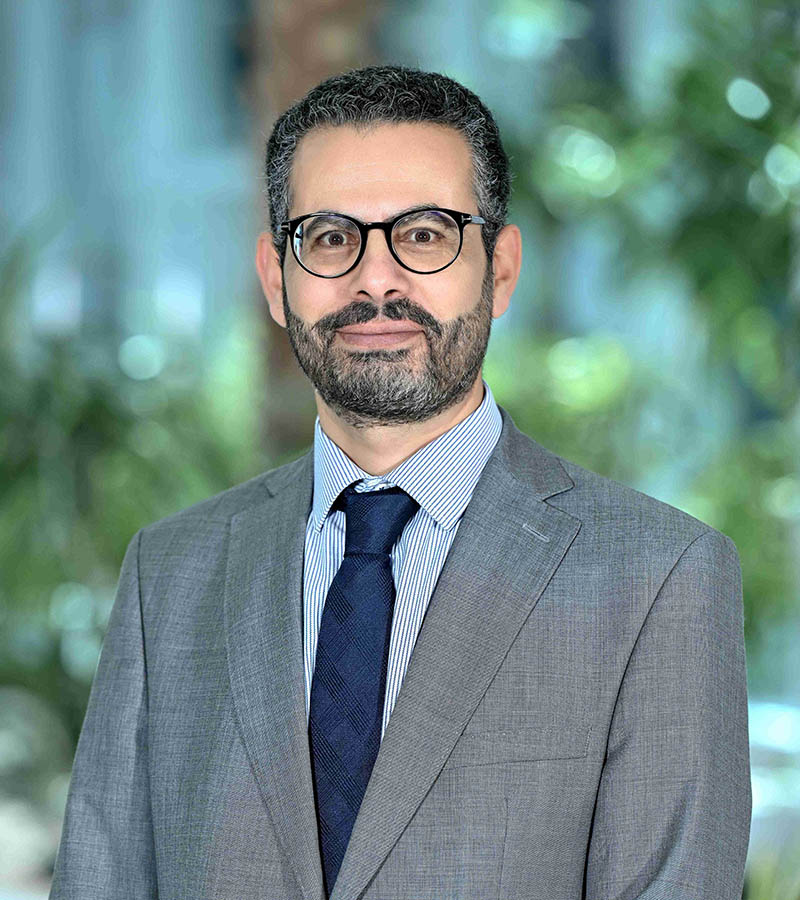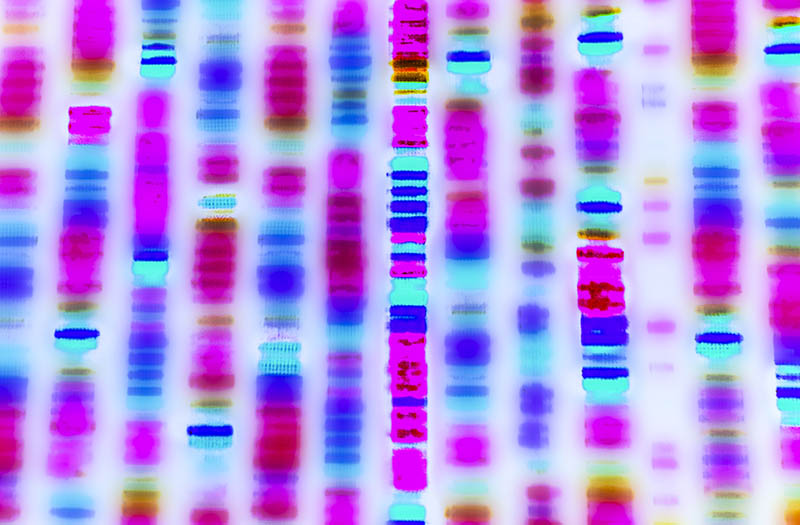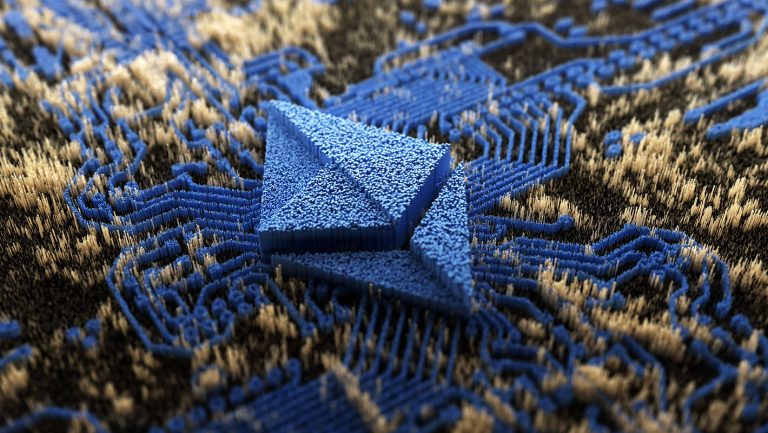Delving into the genetics of immunological disorders
Saleh Ibrahim, Professor of immunology, Associate Dean for Research at the College of Medicine and Health Sciences, and Acting Director of the Center for Biotechnology at Khalifa University.

Saleh Ibrahim shares insights into his fascination with immunological disorders in different populations and his love of teaching young scientists.
What ignited your interest in immunology?
While studying medicine for my undergraduate degree in Egypt, I became fascinated by the complexity of the immune system and how it contributes to multiple diseases. The immune system influences not just immunological diseases such as allergies and autoimmunity, but also the development of obesity, atherosclerosis and neurodegeneration. With the unveiling of the first human reference genome around 25 years ago, I was inspired, as were many other scientists, to study the genetic basis of immunological disorders and how genes interact with the environment to predispose people to these diseases.
Could you elaborate on your role at Khalifa University?
As a coordinator of research activities, my responsibilities span fostering collaborative interdisciplinary research across university colleges and external institutions, both national and international; teaching undergraduate immunology courses; and supervising PhD students. I particularly enjoy mentoring young scientists and watching them flourish.
Why did you choose to work at Khalifa University?
After spending several decades working in Europe and the United States, I moved to Abu Dhabi in the fall of 2022 to join Khalifa University. KU offered me the opportunity to continue my research into genetic susceptibility and how the propensity towards certain age-related diseases varies between different population groups in the Middle East. The university is also supporting the translation of my research into precision medicine, which is very exciting.
What themes does your research cover?
Alongside genetic susceptibility to specific diseases, I explore the role of gene-environment interactions in the pathogenesis of inflammatory and endocrinological diseases. My particular focus is on the mitochondrial genome. I am currently working on the construction of the first Emirati human reference genome, a project led by renowned geneticist Professor Habiba Al Safar. Building upon my previous work on the first Egyptian human reference genome, which was also the first in North Africa, I continue to examine the unknown regions in the genome to generate a complete gapless reference for the Egyptian population.
What technologies do you use?
For genome assembly and identification of population-specific gene variants, we use combinations of short and long-read sequencing technology, other omics approaches and bioinformatics and statistics tools. For functional studies to understand the role of new candidate genes in disease pathogenesis, we mostly use genetically modified animals. One unique tool we have developed in our lab is a series of mouse strains that carry mutations in their mitochondrial genomes.
“I’m looking forward to using the infrastructure, datasets and tools at Khalifa University to develop new therapies for age-related diseases.”
Saleh Ibrahim
What recent discoveries in your field most interest you and why?
Artificial Intelligence (AI) and quantum computing hold tremendous promise for revolutionizing all research fields. In genetics, they enable the study of gene-gene interactions, gene networks and the effect of multiple environmental agents on these networks at population level. AI is also being used to analyze existing datasets to identify potential therapeutic targets and predict the best molecules to target them. I’m excited to see what the future holds for these technologies, and I’m looking forward to using the infrastructure, data sets and tools at Khalifa University to develop new therapies for age-related diseases.




